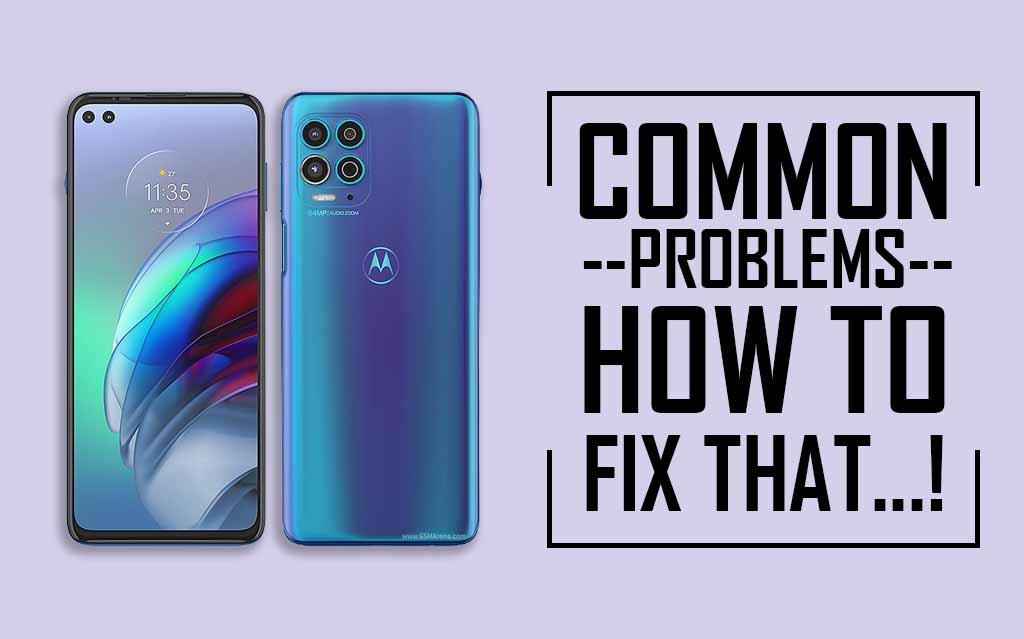When you use smartphones or tablets running on the Android system, you may notice that the phone slows down suddenly, which negatively affects the use experience.
Of course, there are many reasons why the phone slows down, even in phones with high or medium specifications.
Ad articleSo here are 9 tips to bypass the problem of slow Android phones:
Close apps
Although recent versions of the Android system work well to manage system resources when tasks are running out and multiple apps are running, some devices may experience noticeable slowdowns when apps are left open for long periods of time. .
So close the applications that you are not using at the present time, and only run the applications that you need, in order to reduce the consumption of RAM.
Restart your device
When you call your ISP to tell them you have a problem with your connection, the immediate response is, "You need to restart your router," which is undoubtedly something that everyone does before making a connection in the first place.
But if you think restarting your smartphone is a useless affair, as is the case with a router, you should reconsider.
Restarting the phone will refresh the memory, reload the operating system, and treat some problems, especially those that cause sudden slowdowns.
Check your internet speed
In fact, we do most of the tasks on a #smartphone or tablet based on the #internet, such as browsing the web, social networking, using instant communication applications, watching videos, and more.

Therefore, a slow internet connection speed negatively affects the experience of using a smartphone, and causes applications to slow down.
So make sure that your Internet connection is working normally, by relying on applications specialized in checking Internet speed such as the Speedtest application or the fast application.
Disable widget
If you have taken the previous steps and the problem still persists, make sure that you do not download many widget applications, as these applications, despite their usefulness, some of them cause slow Android phones, especially phones with medium specifications.
So if you have several widget applications, try to reduce them by uninstalling them and sticking to the necessary widgets only.
Be sure to update to the latest version
Of course, working with an old version of the Android operating system will negatively affect the phone in terms of performance, so be sure to update the operating system to the latest available version to help you manage phone resources better .
Don't forget to update apps to the latest version and don't rely on very old versions of apps.
Disable Bloatware Applications
The pre-installed applications known as Bloatware that the phone manufacturer pre-downloads with the #OS are among the factors that consume device resources.
Although some of these applications may actually benefit the user, their abundance sometimes, especially in Samsung phones, affects the use experience.
Unfortunately, it may not be possible to uninstall these apps on all phones without the need for root, but you can at least disable these apps and stop them from draining memory.
Disable live wallpapers
There are many applications available on the Google Play Store that offer unique live applications, but the problem with these applications is that they drain the battery in addition to the memory, and may cause the phone to slow down at times.
So if you depend on live wallpapers and notice problems or slow performance, try to dispense with these wallpapers with a static wallpaper instead.
Delete cache
Cache can really slow down Android phones because some temporary or corrupt files that you no longer use can cause problems.
So it's a good idea to delete the cache and it's a step that can help improve performance, and you can do that through the options in the apps settings.
Restore settings
All the previous steps did not solve the problem, so you need to go to a more advanced step and do a factory reset, which is a step that will return the phone to its original state when it was first purchased, and thus Any problems that occurred to you while using the phone may disappear completely after completing this step.
Finally, if you've done a factory reset and the phone still feels a bit slow, it means you're relying on an older phone, and maybe it's really time to upgrade to a slightly newer phone that can handle modern apps better.
